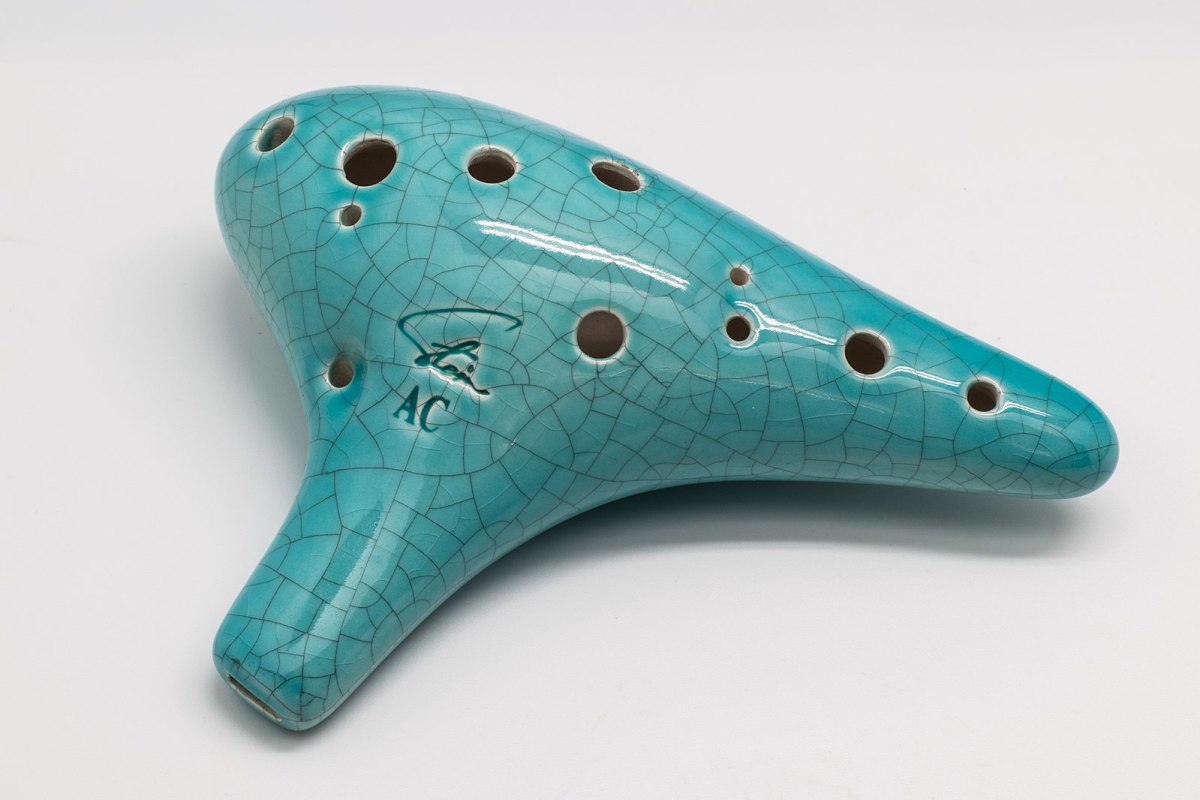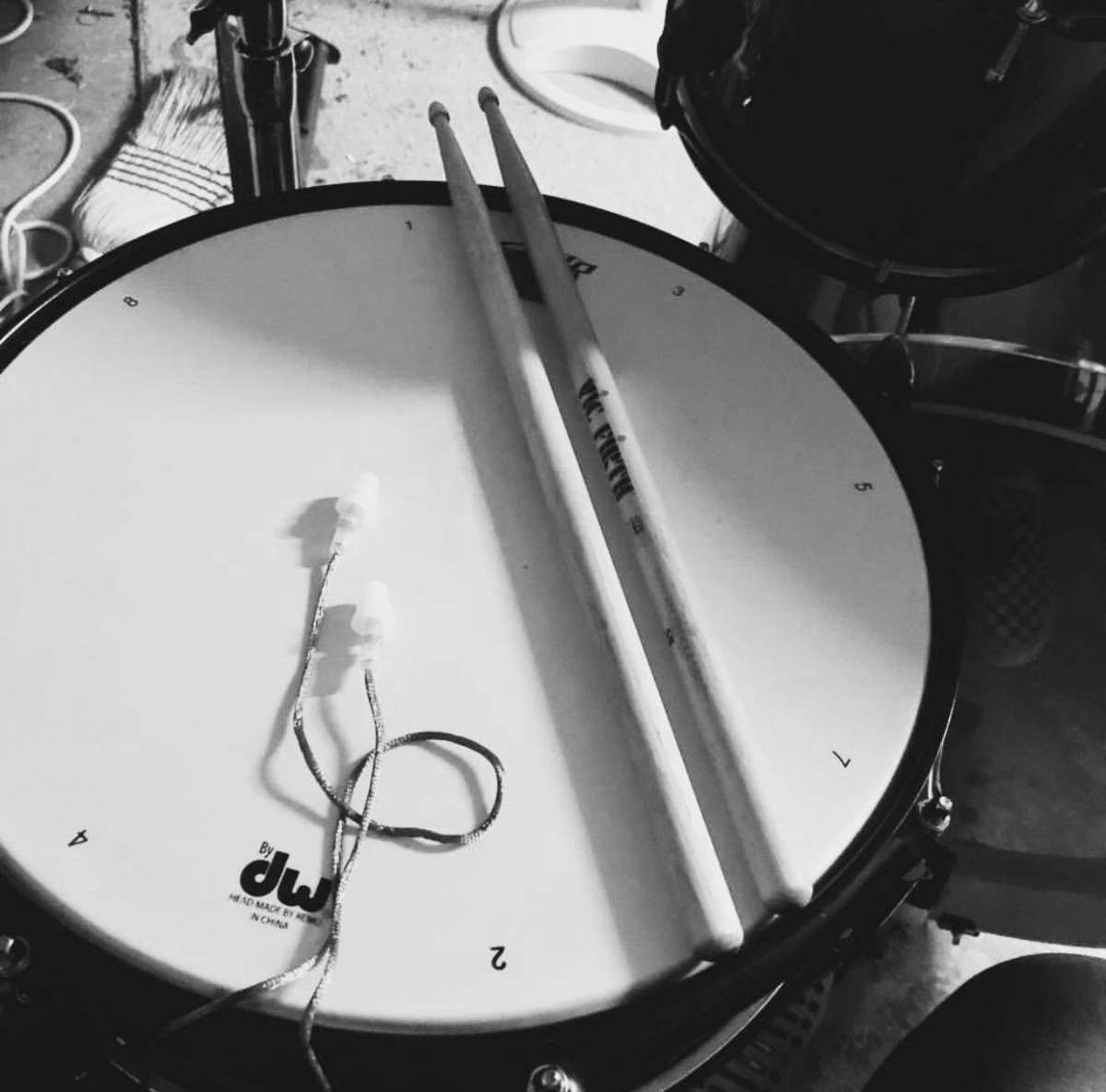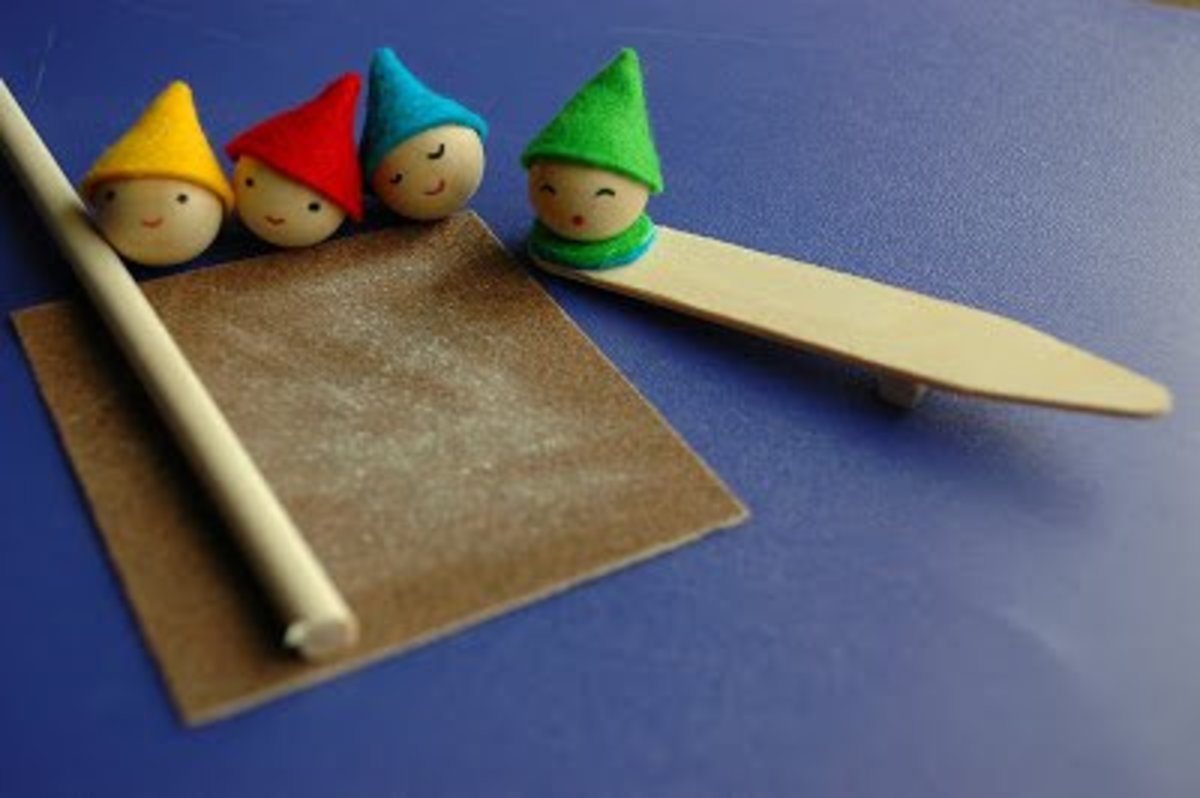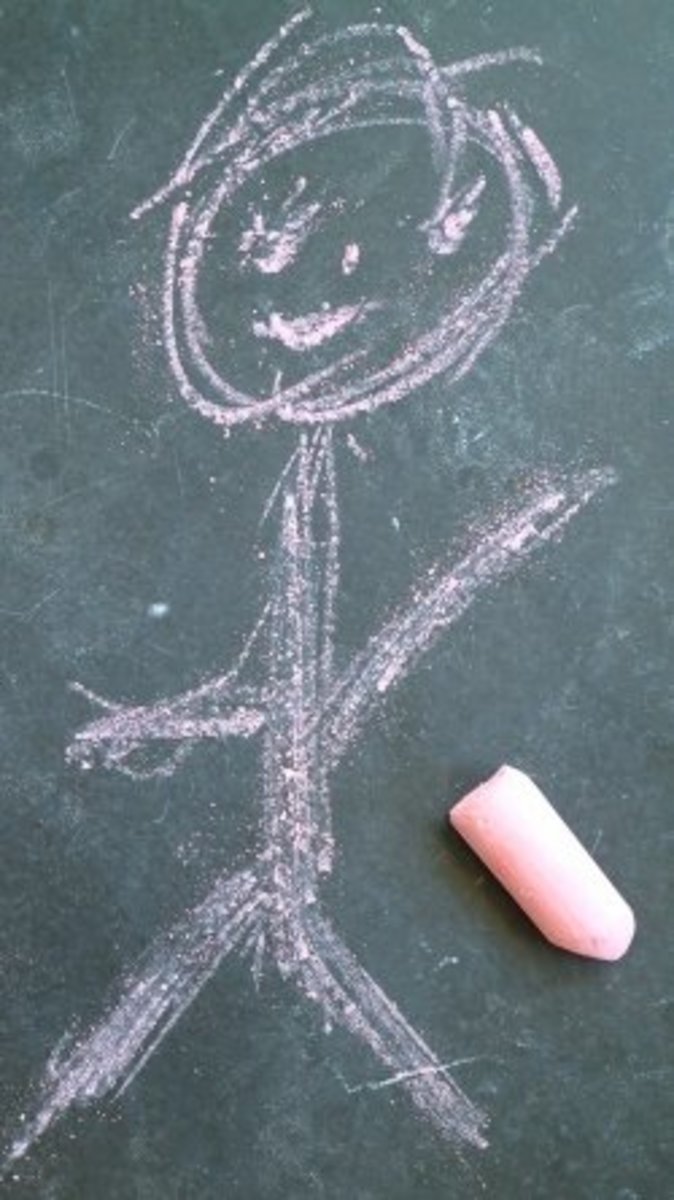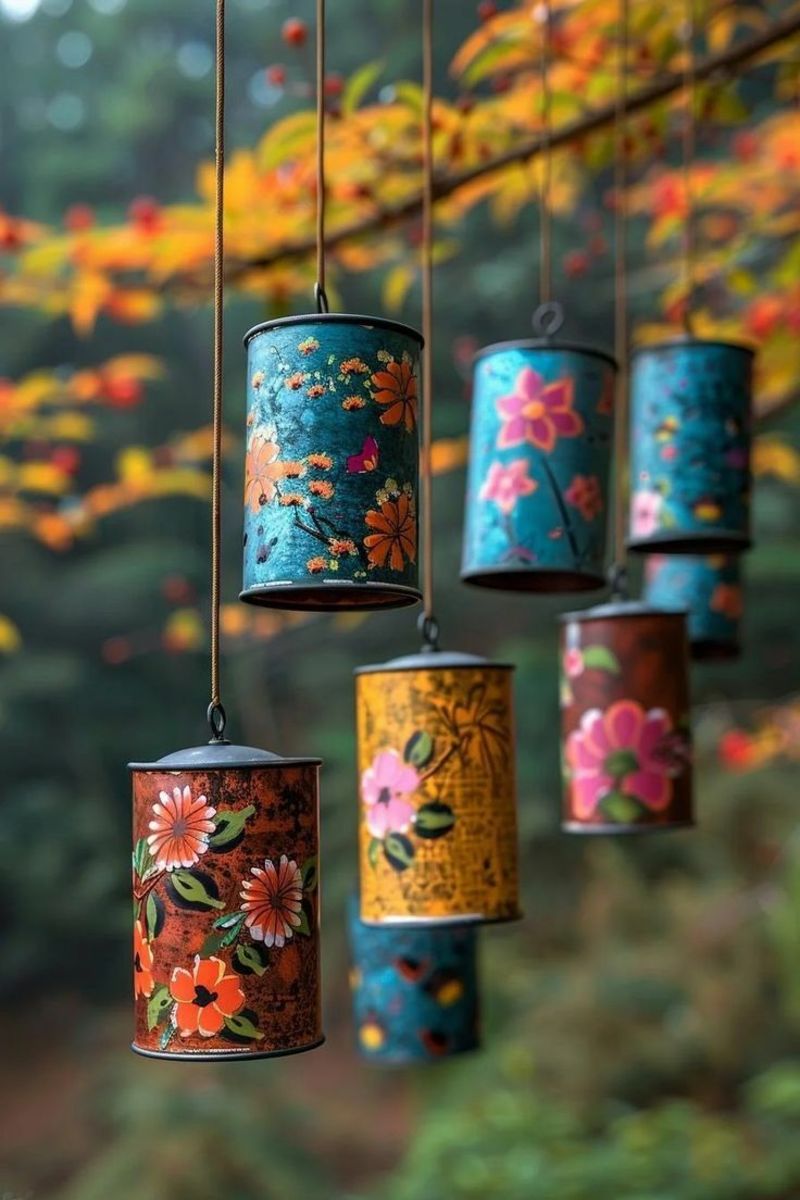Positive Criticism
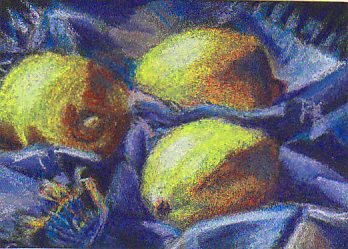
Discouragement hurts
I've been teaching art ever since the 1980s, either casually or sometimes by holding classes. Inevitably I run into adults, sometimes older people, who swear up and down "I have no talent. I can't even do stick figures."
Learning to draw well is a skill that takes years. So are fly fishing, sewing your own clothes or downhill skiing. It can be a wonderful hobby for people who never had the idea of becoming a full time artist. It's also in that category of hobbies that if you lose your job, it can become a way to get by till you get a new one or decide you'd rather be an artist.
I've heard a lot of reasons people aren't intereted in sewing or fly fishing but "I don't have any talent" doesn't come up. "I never took the time to learn" comes in a lot with cooking, sewing, gardening and many other things people take for granted that some people are experts and others appreciate.
It's more honest to say that about art if you don't like to draw and don't want to take the time to learn. Because anyone who's good at it has put in a lot of time learning how to do it well. This includes prodigy little kids who do it early. They put in the time practicing and playing and watching and learning by absorption the way little kids do, that's all.
Discouragement is brutal right around early childhood for any of the arts -- music, art, writing. If you weren't a prodigy little kid plus having people around who wanted you to be a prodigy at that, you faced constant discouragement. The meme of "You have talent/You don't have talent" and assumption that people don't need to learn how to do these complex skills is so common that people pass it on with good intentions! They believe it and want to save the kid the "heartbreak of finding out they have no talent, trying hard and failing."
Trying hard and getting a little better every time it doesn't work is how people learn things! So why is it so unthinkable that beginners do bad drawings, bad writing, clumsy dancing, bad music and unskilled anything?
The "Dummies" books cut right past that to reach to beginners and say "It's okay to not know how before you learn something. It's okay to be a Dummy and then learn to be an expert."
Anyone who hasn't learned how to do something is just a beginner who is capable of learning it -- if they believe they can. You don't need to grow up to be Leonardo da Vinci to get the health benefits and social approval of being able to draw well.
But how do you keep from discouraging a beginner at something like art or writing? How can you say something nice about a bad drawing or a bad story? More than that, how can you help beginners improve to the point it would actually be fun seeing their latest productions?
This is where Positive Criticism comes in.
Positive Reinforcement
Psychologists and animal handlers know it's easier to teach any person or living animal a complex routine by rewarding progress, more than by punishing failure. Studies have proved this constantly. It's a classic experiment in psychology classes for a student to choose a particular behavior to reinforce by positive response, like smiling.
My daughter conditioned her professor to sit on the corner of his desk when she took psychology, and got an A for doing it. Sometimes I suspect psychology departments attract people who want to play practical jokes in the name of science. But the principle is real.
People, rats, cats, dogs and horses all respond to social approval by trying harder and learning more.
I applied this to teaching people art, but it's good for teaching anything -- or for getting along with the beginners among your family and friends while helping them get good enough that their works are actually enjoyable. Don't mention the mistakes. They know they made them. They're so self conscious after a lifetime of being discouraged that even small mistakes feel like a giant zit on a teenager's nose.
Mention what they got right. Find something nice to say about it. "I like the colors" is not a useless comment. That time, they picked a good color combination. Beginners are trying everything and some of their efforts will have muddy bad color combinations.
Being specific in the compliments is what makes them real feedback. "Your story's better than the last one" is a real help, especially if you add something like "I love the dialogue, that line is so funny." Or "That's a great description." Pick out the parts that worked.
Half the time a beginner gets something right by a lucky accident and doesn't understand why it worked. Explaining why it worked while complimenting is a way to make the lesson stick. They'll try it again. It'll work again. Soon the process of discussing and analyzing their latest efforts is something they look forward to and think of as emotional support.
Even if you're not an expert, saying something that is true and positive about a beginner's first efforts can help them become better at it. Encouraged, they've got more reason to go reading up on it, sketching, practicing and experimenting. The fourth time or the tenth time, they'll start getting better.
Positive Criticism
I tried this when I was trying to stir up interest in an art workshop in the 1980s. I set a rule for the workshop that there would be no negative comments on anyone's finished art. If you saw a problem, talk about the problem but don't single out anyone else's art as an example of it. Discuss it as a topic and try it out with easy quick experiments that didn't cost someone a week of work and a lot of heartbreak to produce.
The attitude happened overnight. Everyone felt better with that emotional safety net, and the group became a lot of fun. People came back because the meetings were a kick and every one of them had a topic that broke down all the complex skills like shading, proportions, color and so on into discussions and experiments.
Everyone's art improved at a ferocious rate, including mine. I thought I was pretty good when I started the workshop and expected to teach often because we were on a rotating basis. I wound up improving as fast as the raw beginners because the meetings were fun and the process was working on me.
I spent more time sketching and experimenting. I tried things that were risky. I noticed things I hadn't even thought of, and people I thought didn't draw as well as I did knew things about it that I didn't and taught me. It was painless and happy, the art workshop grew to be the biggest activity in the club.
Within six months to a year every one of the beginners was skilled enough to sell art, doing good recognizable portraits with great proportions and plenty of feeling. Intermediates like me had become experts. The experts were going beyond mastery into stunning new masterpieces.
The system worked and had a great side effect. I noticed my social life warming up. I made friends easier. I had a better time at social occasions.
I was starting to apply that principle to other common topics like people's clothing choices or anything anyone did and took some pride in. I quit criticizing people casually and started complimenting as casually as I used to criticize -- and so people naturally liked me more.
What started as a way to create an art workshop that wouldn't be nervewracking and stressful became a change in my habits that improved my life and relationships. The principle of Positive Criticism made parties I held warmer and more enjoyable, it set a tone and atmosphere that accepted everyone -- but not uncritically. Just not painfully.
My opinions began to be taken more seriously because of how I presented them. I was treated with more respect and warmth by acquaintances and coworkers, because I had gained more confidence. It's a subtle, powerful social tool. It can be misused -- it's possible to turn into a control freak by going around offering an opinion on everything so strongly that no one wants to disagree. But if it's not targeted and done specifically to manipulate, it's a social shift that can erode social insecurity.
I gained a good reputation and that reinforced itself. This is true in the arts or in anything. Be honest -- just don't be brutal about it. The old saying "you catch more flies with honey" has some functional use.
Apply it to the people around you who are showing off their beginner drawings, first tune learned on the piano or Nanowrimo manuscript and you'll not only win some friends and keep the old. You'll actually help them do it well enough that it'll reach a point you look forward to reading their newest novel.

